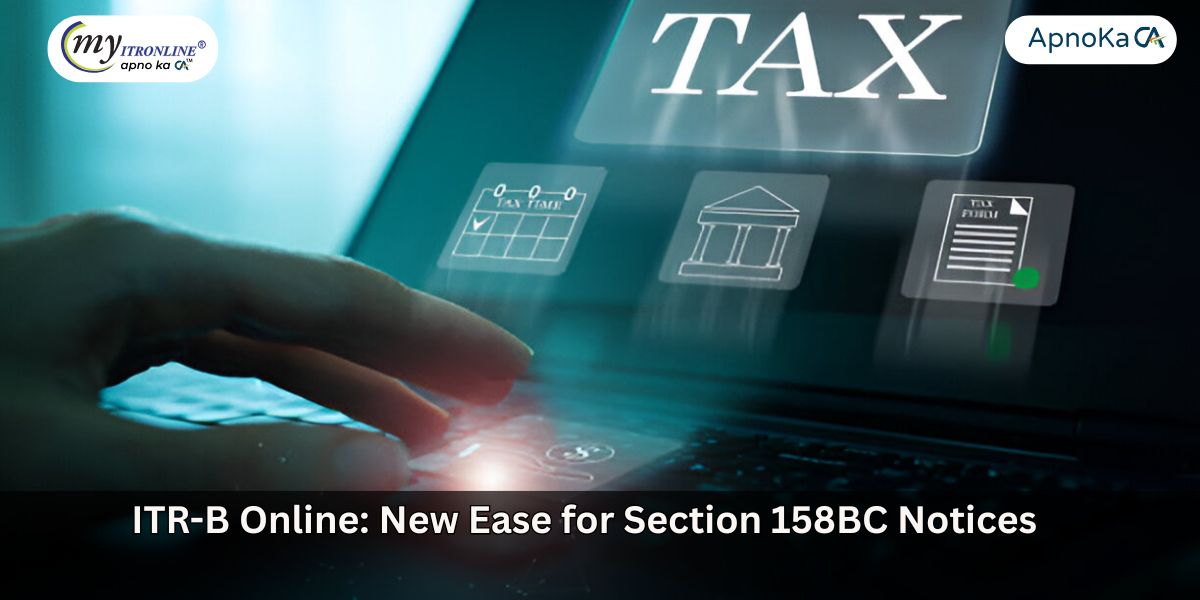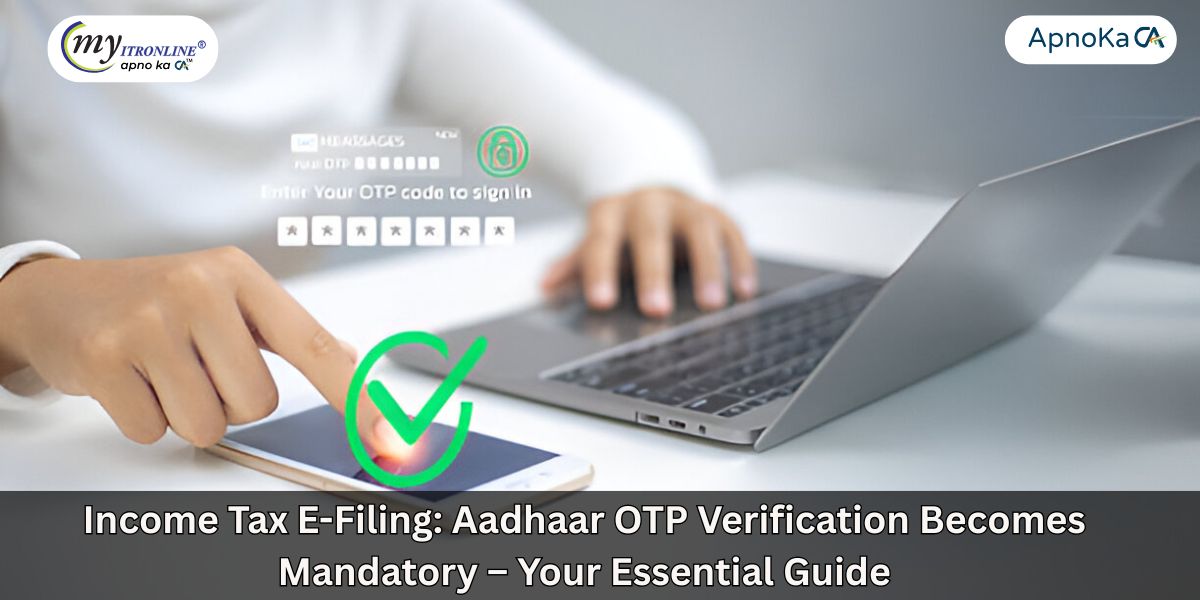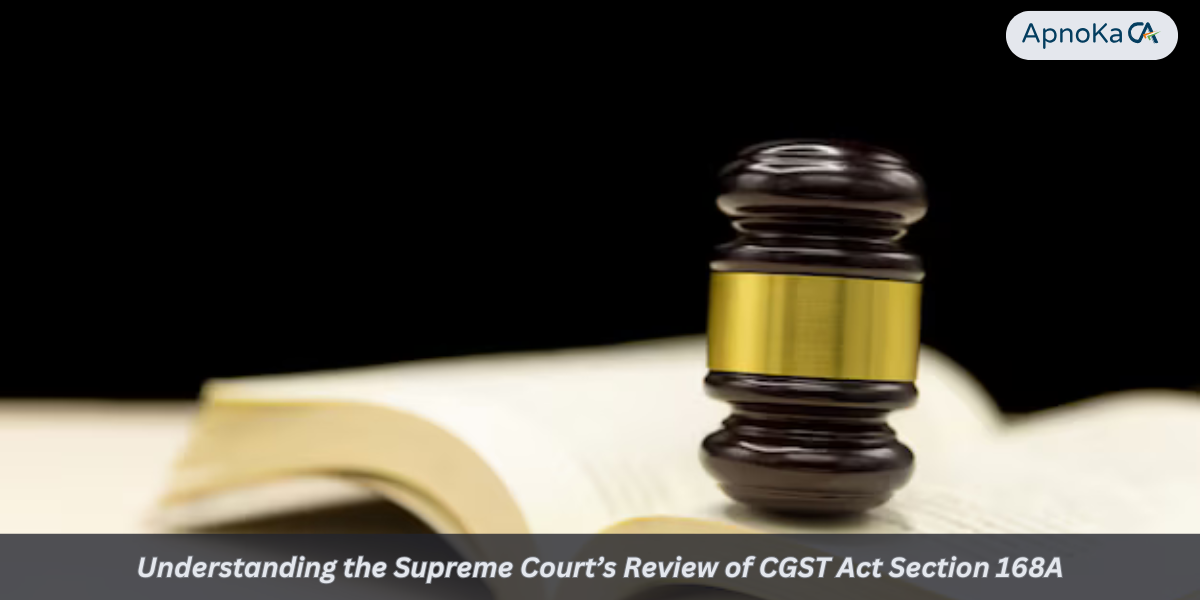Krishna Gopal Varshney
- An editor at apnokaca
Krishna Gopal Varshney Krishna Gopal Varshney, Founder & CEO of Myitronline Global Services Private Limited at Delhi. A dedicated and tireless Expert Service Provider for the clients seeking tax filing assistance and all other essential requirements associated with Business/Professional establishment. Connect to us and let us give the Best Support to make you a Success. Visit our website for latest Business News and IT Updates.

.jpg )
.jpg )
.jpg )



.jpg )


.jpg )
